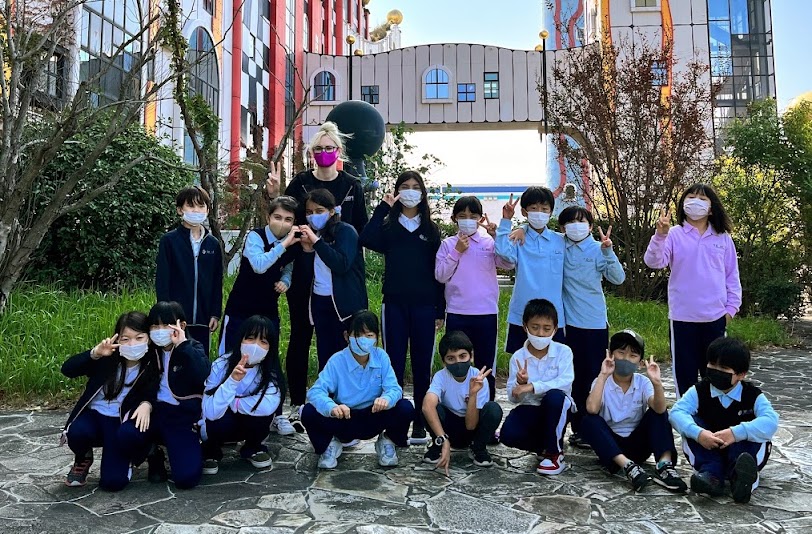Unit 2 - How the World Works
Central Idea: Understanding the way matter behaves can help us to use it for our benefit.
Lines of Inquiry:
Function: Transformation of matter from one state to another
Change: How energy is transferred through matter
Responsibility: How we use our knowledge of energy and matter.
Key concepts: function, change, responsibility
Related concepts: matter, transformation, energy, development
Learner profile: knowledgeable, inquirers, thinkers
We began the unit by looking at the different states of matter, making a poster to categorise objects into: solid, liquid or gas. Students then researched and worked on experiments to show transformation of matter. The experiments helped them to further their understanding of states of matter, and the conditions necessary to cause changes to these states.
Students then looked at the concept of energy, and began researching different forms of energy. They then created slides and gave a presentation sharing their findings with the class.
In the following week, students experimented with electricity and magnetism. They explored the two through experiments with a potato battery and connecting simple circuits, forming a deeper understanding of the connection between the two.
In the final weeks students looked at sustainable energy and its potential to help reduce inequalities for remote communities (SDG 7). For their summative assessment project students researched, designed and built wind power machines. It was a big challenge, but they all enjoyed the process of testing and perfecting their designs. They then presented their machines with a poster to explain how it works and how it connects to our central idea and SDG 7.
English
In English we continued working on our spelling, vocabulary and writing. Our project this unit was to work on a news article for our classroom newspaper. Everyone worked hard and enjoyed being reporters and sharing their favourite event or activity of the term.
Maths
Our focus for Unit 2 was Multiplication and Division. We learned about multiples and practiced counting by specific numbers to strengthen our times tables knowledge. We also developed our doubling, split and compensation strategies and did daily multiplication drills, keeping track of our progress. We then focused on division, looking at the connection between multiplication and division, and exploring the concept of remainders.














Comments
Post a Comment